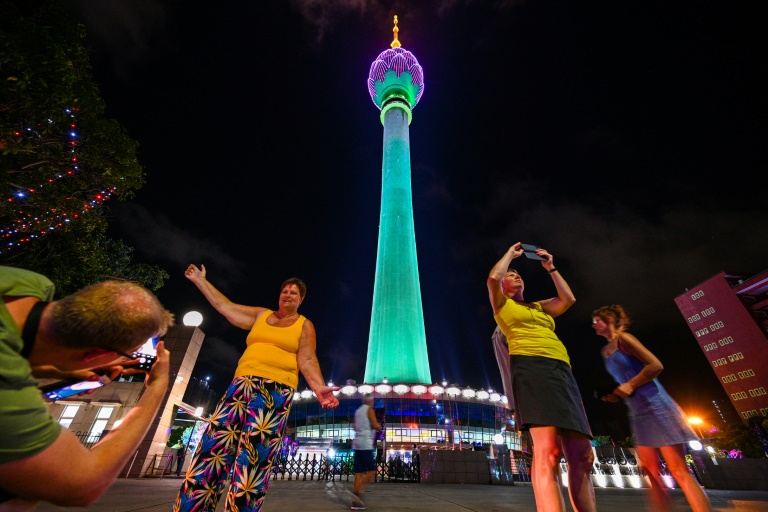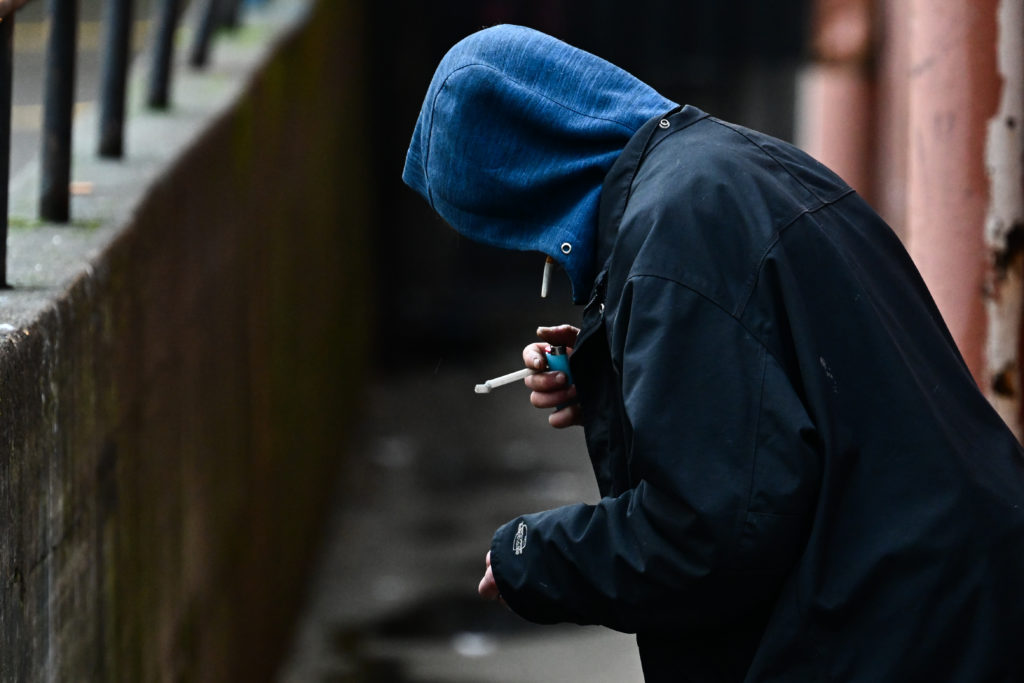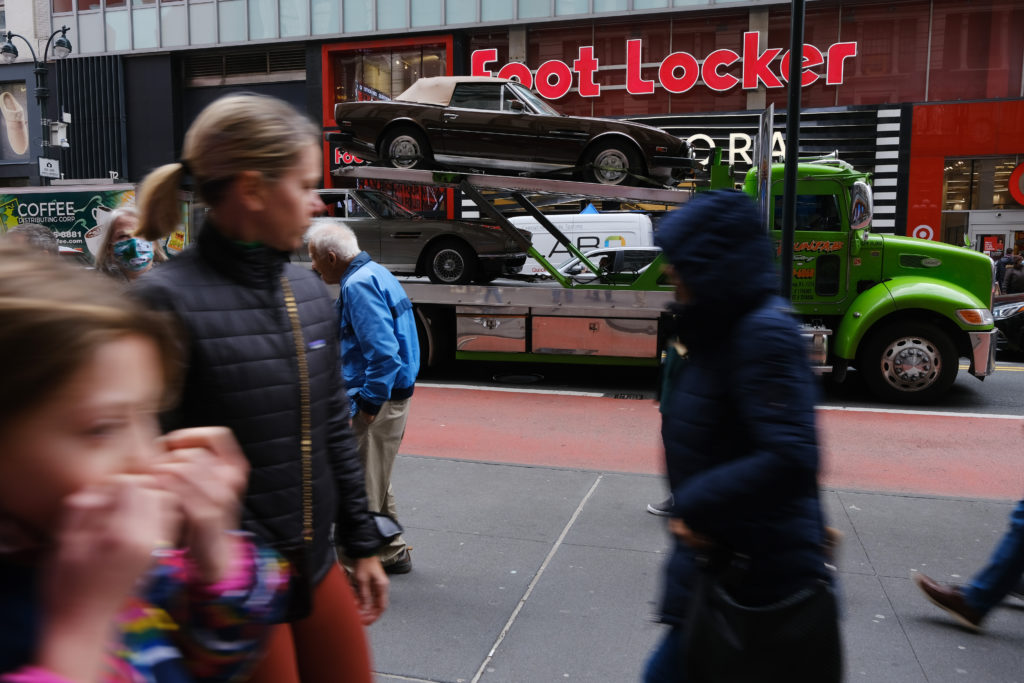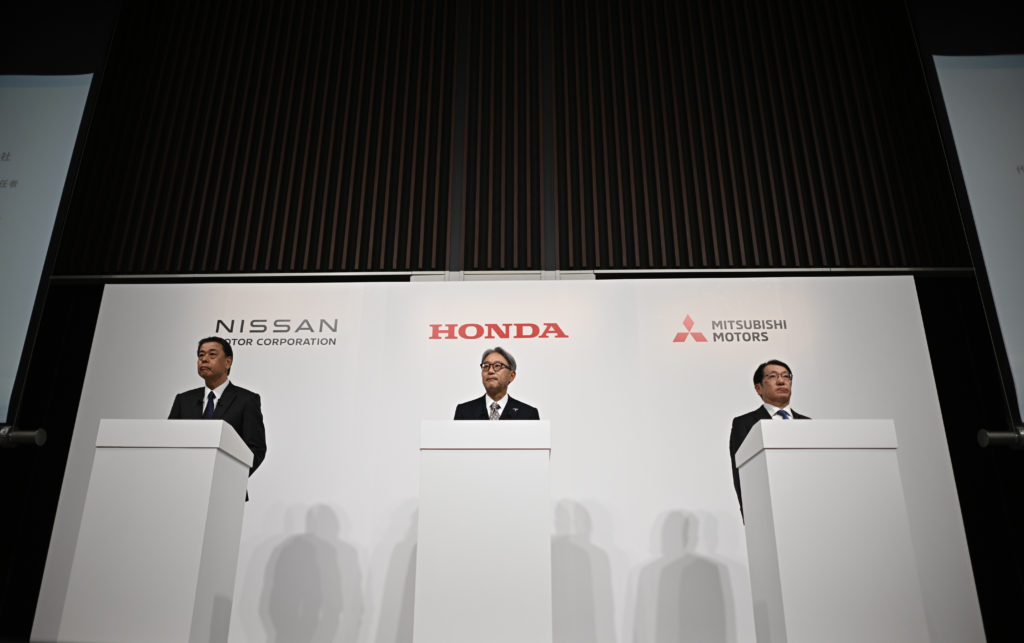Tourism is a crucial source of revenue for Sri Lanka
Sri Lanka said Thursday it was reorganising its blackout-prone electricity grid to guarantee power to tourist resorts, in an effort to lure back foreign travellers after a bruising economic crisis.
Months of food, petrol and pharmaceutical shortages brought widespread misery to the island nation this year, along with power cuts that reached 13 hours a day at their worst.
The unprecedented financial shock sparked months of angry protests, culminating in July when a crowd stormed the compound of then-president Gotabaya Rajapaksa and forced him to flee the country.
But the crisis has since eased and the government that took charge after his departure is eager to jumpstart the tourism industry, a crucial source of revenue.
“We will have a good winter season,” tourism minister Harin Fernando told reporters in Colombo. “The situation has improved and it is safe for holiday-makers.”
The energy ministry announced that designated tourist areas would be exempt from national blackouts still in force for 2.5 hours each night.
Those areas include Sri Lanka’s lush southern coastal beaches and the hill region around Ella, home to nature reserves famed for their elephant herds.
Sri Lanka has been unable to meet its energy demand after struggling to pay for imported fuel for power plants.
But the ministry said recent rains had filled dam reservoirs for hydroelectricity and eased pressure on the grid.
Sri Lanka’s worst economic crisis since independence from Britain in 1948 began when the country ran out of foreign exchange to pay for vital imports.
The Covid pandemic dealt a hammer blow to tourism and foreign remittances from Sri Lankans working abroad, both crucial sources of income.
Rajapaksa’s government was also blamed for worsening the crisis through excessive spending and mismanagement.
Sri Lanka defaulted on its $46 billion foreign debt in April.
His successor has hiked taxes and tried to bring prices under control, with inflation easing to 61 percent in November from an eye-watering 69.8 percent peak two months earlier.
Sri Lanka is now in talks with international creditors to restructure its borrowings and secure an International Monetary Fund bailout.
The tourism industry has bounced back strongly despite the downturn and political unrest.
Nearly 570,000 foreign travellers visited Sri Lanka in the first 10 months of the year, up from 200,000 the year before.








